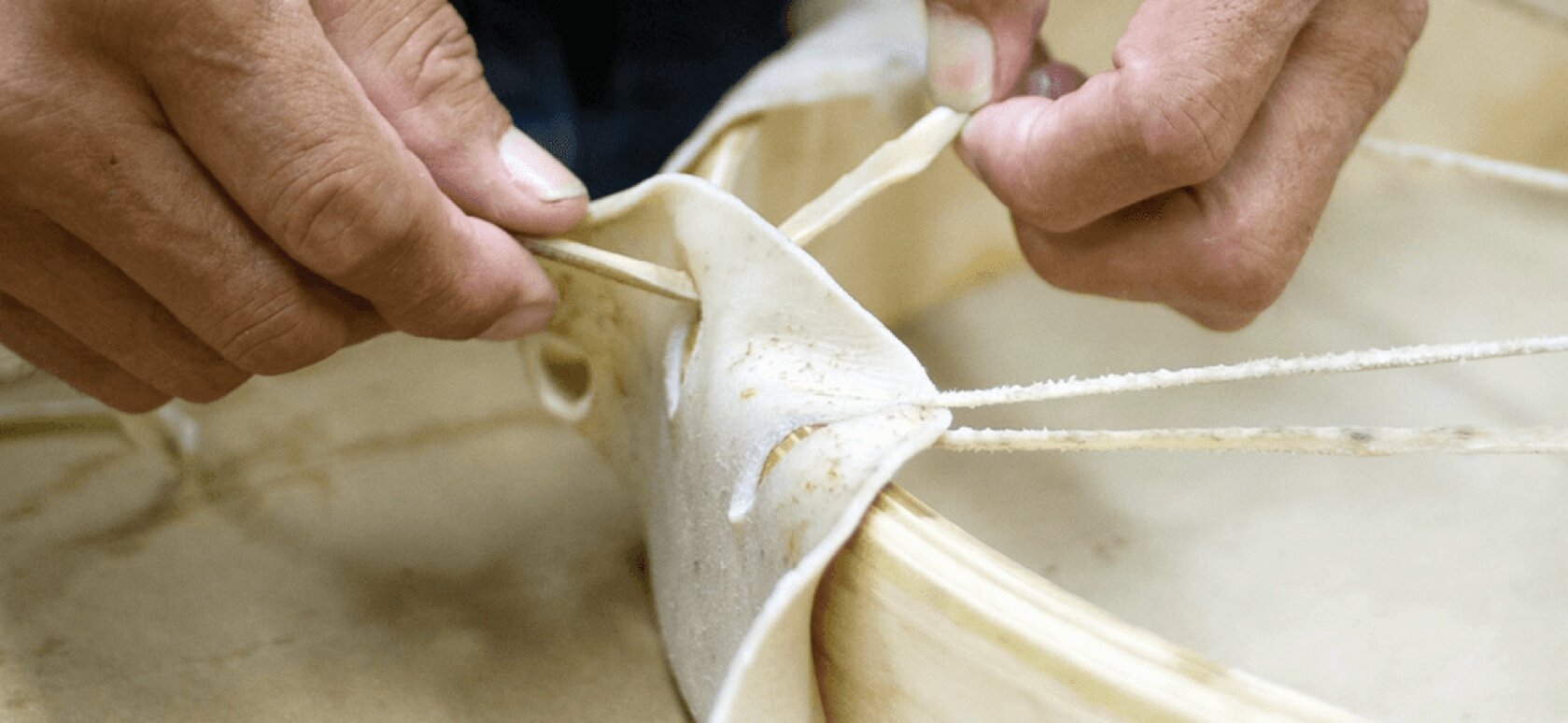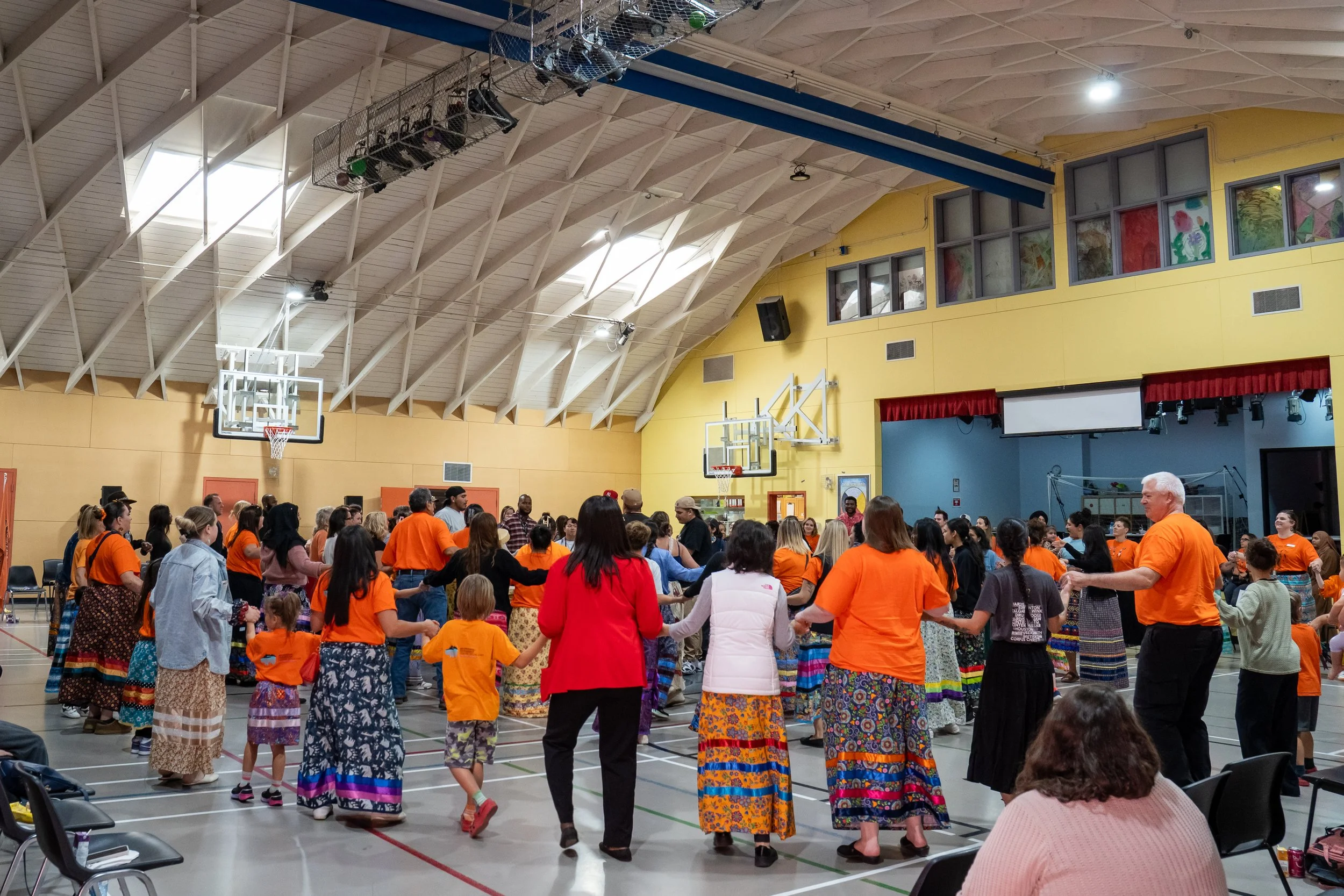
Acknowledging the Land
Trellis’ commitment to reconciliation starts with taking this opportunity to acknowledge our honour and privilege to live and work within the Treaty 7 territory. We acknowledge the traditional and ancestral territory and oral practices of the Blackfoot Confederacy, which includes the Siksika Nation, the North and South Piikani Nations and the Kainai Nation.
We also acknowledge the other members of Treaty 7 First Nations, the Tsuut’ina and Ĩyãħé Nakoda (Stoney Nakoda) which include Chiniki, Bearspaw and Wesley First Nations.In addition, the City of Calgary is home to the Métis Nation of Alberta (Region 3). Finally, we acknowledge all nations, genders and spirits who live, work and play in Moh’kinstsis, the Blackfoot name for Calgary, and Treaty 7 Region of Southern Alberta who help us steward this land, honour and celebrate this territory.
In everything we do, we strive to create a space of reconciliation and inclusion. All Trellis staff and foster families receive education on Indigenous culture, and we provide specialized programs and services that intentionally support the growth, stability, and healing of Indigenous communities.
National Day for Truth & Reconciliation
National Day for Truth & Reconciliation, also known as Orange Shirt Day, is observed each year on September 30. At Trellis, we honour this day with our annual Round Dance, where staff, families and supporters gather in the healing spirit of Truth and Reconciliation.
As we join hands, celebrate life and lift one another up in friendship and inclusion, the Round Dance reminds us that reconciliation is a shared journey we walk together.
Walk for Reconciliation
Each year on June 21, National Indigenous Peoples Day, Trellis staff, families partners and community members gather for the Walk for Reconciliation, hosted in partnership with the Aboriginal Friendship Centre of Calgary and The Confluence. Together, we honour Survivors, remember the children who never came home, and celebrate the strenth and vibrancy of Indigenous communities.
The Walk began in 2009 as a collaboration between Trellis Society and the Aboriginal Friendship Centre of Calgary. Today the Walk remains a meaningful gathering rooted in truth, learning and our ongoing commitment to reconciliation.
Aboriginal Awareness Week
Trellis is proud to be a part of Aboriginal Awareness Week Calgary (AAWC), a city-wide celebration that honours the heritage, traditions and enduring strength of First Nations, Métis and Inuit peoples. Throughout the week, communities across Calgary gather for cultural events, learning opportunities and celebrations that uplift Indigenous voices and deepen understanding of the histories and contributions of Indigenous Peoples.
AAWC reflects the pride, resilience and leadership of Indigenous communities and invites all of us to learn, connect and walk forward in the spirit of respect and reconciliation.
Indigenous Education and Resources
United Nations Declaration on the Rights of Indigenous Peoples
The United Nations Declaration on the Rights of Indigenous Peoples (UNDRIP) is an international instrument adopted by the United Nations on September 13, 2007 to enshrine (according to Article 43) the rights that “constitute the minimum standards for the survival, dignity and well-being of the indigenous peoples of the world.” The first 46 articles within the UNDRIP declare that “Indigenous peoples have the right to the full enjoyment, as a collective or as individuals, of all human rights and fundamental freedoms as recognized in the Charter of the United Nations, the Universal Declaration of Human Rights and international human rights law.”
The Declaration goes on to guarantee the rights of Indigenous peoples to enjoy and practice their cultures and customs, their religions, and their languages, and to develop and strengthen their economies and their social and political institutions. Indigenous peoples have the right to be free from discrimination, and the right to a nationality.
The Truth and Reconciliation Commission of Canada
The Truth and Reconciliation Commission (TRC) that was formed on June 1, 2008 with the final TRC report entitled Truth and Reconciliation Commission of Canada’s Calls to Action being released in 2015. The TRC was a part of the court-approved Residential Schools Settlement Agreement and had a five-year mandate. December 2015 marked the closing of the Truth and Reconciliation Commission with final closing ceremonies and an event being hosted from May 31 - June 3, 2015.
As stated within the TRC document, the Commission sees “reconciliation being about establishing and maintaining a mutually respectful relationship between Aboriginal and non-Aboriginal peoples in this country. In order for that to happen, there has to be awareness of the past, acknowledgement of the harm that has been inflicted, atonement for the causes and action to change behaviour”. The 2015 Truth and Reconciliation Commission (TRC) report, the 1996 Royal Commission on Aboriginal Peoples (RCAP) and the 2007 United Nations Declaration on the Rights of Indigenous Peoples (UNDRIP) provide the groundwork for creating spaces, services and programs that are inclusive and respectful of Indigenous paradigms, values and context.
Within this knowledge and understanding, Trellis recognizes the importance of working as an ally and the role we have in reconciliation. Working from a trauma-informed perspective, we continually seek ways to gather the knowledge and skills needed to best support the people who reach out to the organization.
Our 2024-2025 Impact
600+
Cultural ceremonies and activities supported by Circle Keepers with program participants, such as smudge, sweat and medicine picking
82%
Of youth and families are more connected to their culture and community
527
Instances of giving medicines and/or smudging kits to participants, partners and family & natural supports





